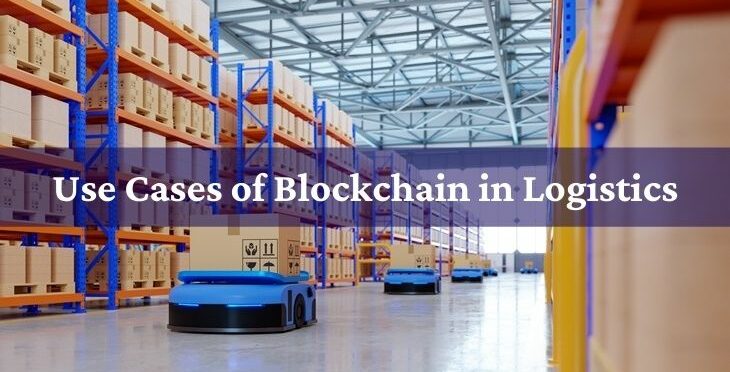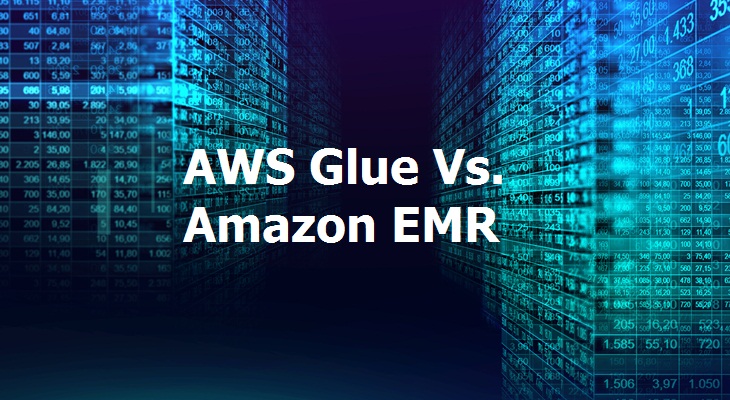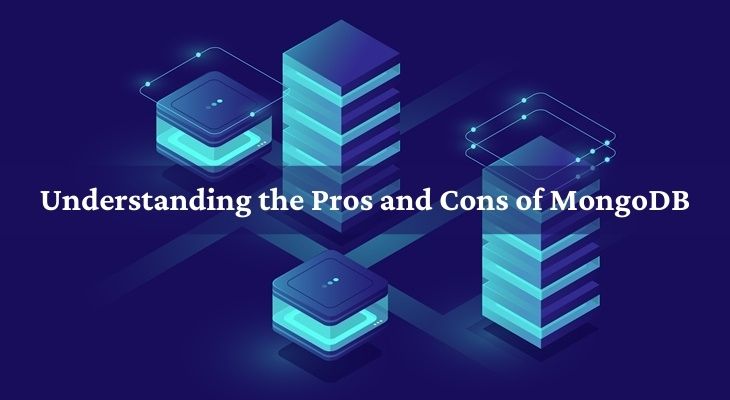A multitude of industries implements Blockchain technology. The technology has proven to be a pivotal solution for companies.
The transport and logistics business has become more efficient and transparent. Blockchain in logistics allows the industry to address issues like transportation payment, admin costs, etc.
Here we dwell on the use cases of blockchain in businesses' supply chains and the benefits.
How is Blockchain used in Logistics and Transportation? Its benefits and potential.
-
Monitoring Performance for Efficiency
Blockchain’s framework allows monitoring of performance. It enables users to see the past performance of deliveries and pickups.
Blockchain allows more efficiency in logistics and transportation. It reduces process time for goods at customs.
It helps maintain logs and data regarding operations that help in decision-making.
-
Faster Way to Process Documents
Logistics companies have to go through multiple rules and regulations while handling goods. International transportation has its own rules for processing documents and accounting processes.
With multiple consignments going in and out, it secures information and stores documents. Logistics companies with Blockchain technology can view the status of transportation data in real-time.
-
Detecting Fraudulent Behaviour
Blockchain records all hand-to-hand transaction data. It allows regular maintenance of the history of the product.
Blockchain enables users to record the transportation journey of a product. Active tracking of orders becomes easier with faster pickup and delivery notifications.
The transaction process with Blockchain becomes secure and reduces fraudulent activities.
-
Quality Control for Products
There are a variety of products picked up and delivered on a daily basis. Companies maintain the record by the RFID tags.
Certain perishable and fragile products need extra supervision. Here, Blockchain maintains a thorough record of its handling processes.
It exchanges information once the products are collected, picked up, shipped, and delivered. The record helps in case there is an issue that may occur at any stage.
The data understand the capacity of the carrier that transports the products. It helps understand whether these products are handled with care as instructed.
-
Use of AI and IoT
Innovations in AI and IoT have helped the Supply Chain Industry. There are multiple robots and sensors for storage and carriers.
Blockchain with the help of these technologies automates the entire transportation process. It simplifies the process for AI robots to pick up the data on the IoT sensors by creating smart contracts.
With the help of AI robots and IoT sensors, Blockchain can help reduce errors in transactions. It can help eliminate manual involvement and help save costs while improving quality.
Use Cases of Blockchain in Supply Chain, Logistics, and Transportation:
TradeLens
In 2018, Maersk and IBM came together and launched TradeLens. It is a blockchain-enabled digital shipping solution.
TradeLens is an interrelated system of supply chain partners. This use case of Supply Chain modernizes the industry.
It covers the entire ecosystem in the supply chain. It manages operations between cargo owners, carriers, logistics providers, custom authorities, etc.
With IBM’s Blockchain technology at its foundation, TradeLens digitizes its supply chain process. It enables members to view comprehensive and transparent data.
TradeLens allows partners to build theirs by providing them timely and accurate data. It further validates the data adding quality and addresses concerns regarding transactions.
In the beginning, TradeLens worked with 94 organizations. In 2019, it was reported that the platform works with over 175 unique organizations.
BiTA
BiTA stands for Blockchain in Transport Alliance. It is one of the world’s largest commercial blockchain alliances.
The agenda behind BiTA was to create a member-driven logistics forum. The forum discusses and develops strategies for executing distributed ledger technology.
BiTA aims to further its agenda of developing the use of blockchain in logistics and transport. It promotes members to work with blockchain and DLT technologies.
BiTA provides resources to educate its members and lead forums open to industry leaders. It conducts a complimentary symposium for its members to help them stay updated on the latest advancements in using blockchain for the supply chain.
Currently, BiTA has nearly 500 members, across 25 countries that generate a revenue of over $1 Trillion Dollars annually. Its members include giants like UPS, FedEx, Union Pacific, Tachyon, etc.
Walmart
Walmart was dealing with a food-borne disease outbreak. Tracking the disease and its source would have taken days.
Walmart collaborated with Hyperledger that provided open-source blockchain solutions. Walmart believed that Hyperledger could assist with a blockchain-based food traceability solution in this supply chain use-case scenario.
Hyperledger’s solution worked for two sample products, mangoes, and pork. The decentralized food supply system allowed Walmart to authenticate the provenance of goods.
Walmart can now identify the origin of more than 25 products.
According to Sanjay Radhakrishnan, Vice President of Walmart Global Tech, “Walmart is excited to participate in Open Source communities, coming together to create scalable and adaptable technology. We’ve seen strong results through our various deployments of blockchain, and believe staying involved in open source communities will further transform the future of our business.”
Tallysticks
Tallysticks is a blockchain-based payment processing platform. It leverages blockchain for recordkeeping, data security, and building smart contract tasks.
Tallysticks solution helps businesses automate invoicing processes. The processes make the transactions easy, at low costs, quick, and more transparent.
Tallysticks customizes smart contracts for businesses according to their requirements. The online tool simplifies trade and helps partners from the payment to the delivery of goods.
Tallysticks currently runs transactions of around $1 trillion in the invoice factoring industry. Its investors include Barclays accelerator, EY Startup Challenge, and Techstars.
US Defence Logistic Agency
The US Defence Logistic Agency has tremendously supported troops during the 2017 hurricane season. It supplied 41000 power poles, 88.1 million meals, and 1264 generators.
They had partnered with the Federal Emergency Management Agency and the mission was a success.
Questions arose, that in this case could blockchain be used for a better response time and improve logistics. DLA uses centrally managed systems and organizing data was a difficult task.
Here, blockchain could smoothen the process of tracking data for the agency. It would then enhance logistic transactions and the visibility of shipment tracking.
According to CPI management analyst Elijah Londo, “We’re researching the technology. We’re getting as smart as we can about what it is, what industry is saying about it, what the future might look like, how it applies to supply chains, and how other industries are using it. We’re doing our due diligence.”
Inspired by DLA’s research, other government agencies are looking at the use cases for them in logistics or any other form.
Recently, the Department of Homeland Security offered grants of up to $ 800,000 for startups. The funding would help businesses recognize and prevent fake documentation using blockchain.
DHL
DHL is a global leading logistics company. It extends international shipping, courier services and transportation globally.
Recently, DHL and Accenture initiated a working model of the blockchain solution. The solution aims to decrease the number of counterfeit medications.
The model will track pharmaceuticals across the supply chain. The solution would have access to manufacturers, warehouses, distributors, pharmacies, hospitals, and doctors' data.
The process will validate the authenticity of medicines and prevent manipulation.
Lab simulations report the solution could process 7 billion unique serial numbers. It executed 1500 transactions per second.
According to Keith Turner CIO at Chief Development Office, DHL Supply Chain, “By utilising the inherent irrefutability within blockchain technologies, we can make great strides in highlighting tampering, reducing the risk of counterfeits and actually saving lives.”
Conclusion:
The use of Blockchain in the supply chain industry is predicted to grow from $145 million to $3.3 billion by 2023. An increase in use cases of Blockchain in logistics expands the horizon for multiple solutions.
Data transparency, reduced cost, and increased efficiency are just a few of the benefits of Blockchain in logistics.
Also Read:
Impact of Blockchain Technology on SEO & SEM
A view of Financial Industry with Blockchain technology
How Blockchain improves Logistics : Use Cases





